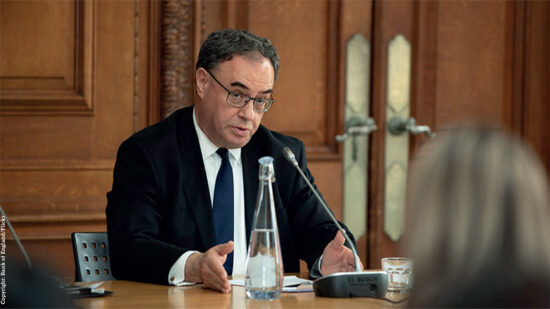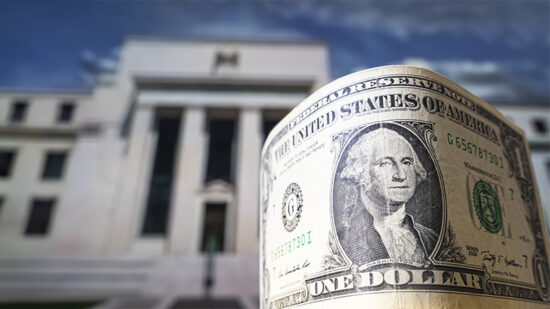The UK’s main equities index has had a bad start to 2015 but has recovered some of the value lost over the previous few days as investors pounced on the losses made earlier in the week as a buying opportunity.
Consumer sector stocks have been pulling the index up with retailer Sainsbury’s posting better than forecast results and falling petrol prices meaning more cash in peoples’ pockets.
The price of barrel of oil is fractionally higher this morning, with the significant aspect being that the slide has been arrested for now rather than any prospect of a major recovery being seen.
With the stabilisation of the oil price today expected to be short lived by most, Russia’s economic troubles remain unchanged, with some expecting the already struggling rouble to take a further tumble.
“The Russian authorities’ intervention in December appeared to have restored calm among retail depositors and, in an attempt to maintain confidence, the CBR will continue to announce measures to support the banking system and corporations needing foreign currency for debt service,” said Per Hammarlund, chief emerging markets strategist at SEB.
“Nevertheless, due to low liquidity during the Russian new year holiday week, the risk of a renewed run on the rouble is rising. With another strong non-farm payroll figure expected this Friday and oil prices falling, we see USD/RUB moving to 65 before Friday from 63.3 now,” he added.
Over in the eurozone worries about the economic strength of the bloc have continued to rise however it is becoming an increasingly complex picture.
“Eurozone consumer price data announcing deflation looks more alarming than it really is, as it is crucial to differentiate what kind of deflation is at play,” said Samy Chaar, chief economist at Lombard Odier.
“Though prices contracted by 0.2% in December, core prices excluding energy, food, alcohol and tobacco remain stable at 0.8%, slightly increasing by +0.1%. The figures indicating prices fell are skewed because of the low oil price, which means there is slightly less pressure.”
Chaar added that he believes this forces the hand of the ECB and the data still makes the case for Draghi to act. “Overall, what we have is good disinflation and it will be interesting to see how much this will add to the pressure on the ECB to introduce full-blow QE when it meets on January 22nd,” he said.








